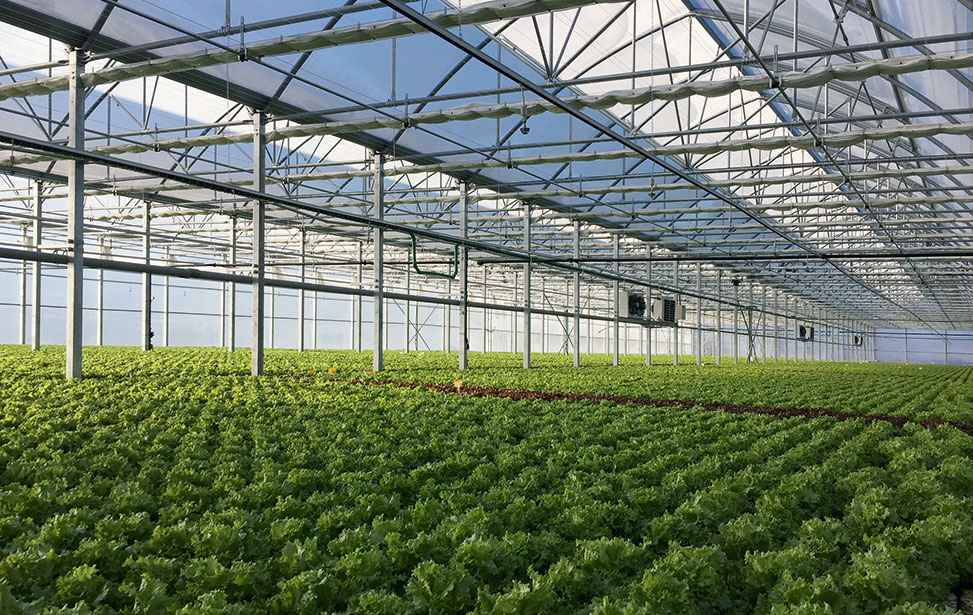Recent Findings in Krasnoyarsk Region Highlight Key Challenges in Greenhouse Vegetable Production and Offer Insights for Sustainable Farming Practices
In early June 2024, the Rosselkhoznadzor, Russia’s agricultural oversight agency, revealed concerning results from a series of inspections of greenhouse vegetable farms in the Krasnoyarsk region. Laboratory tests conducted by the Krasnoyarsk branch of the Federal State Budgetary Institution “Grain Quality Assessment Center” have detected elevated levels of nitrates and pesticides in cucumbers and zucchinis, shedding light on significant challenges facing the region’s greenhouse vegetable industry.
Understanding the Recent Findings
The inspection focused on greenhouse farms across two districts in the Krasnoyarsk region: Berezovsky and Yemelyanovsky. In Berezovsky, vegetables grown on a 73.4-hectare area were found to have exceeded the maximum permissible levels of nitrate nitrogen and imidacloprid, an active ingredient in many insecticides. Similarly, cucumbers and zucchinis from a 39.3-hectare area in Yemelyanovsky also displayed elevated nitrate levels.
Nitrate contamination in greenhouse vegetables is primarily due to the over-application of nitrogen fertilizers, while pesticide residue issues are linked to the improper use of chemical pest control agents. Both problems reflect a broader issue within greenhouse farming practices, where the drive for high yields often leads to violations of recommended agricultural standards.
Implications for the Greenhouse Vegetable Industry
These findings have far-reaching implications for the greenhouse vegetable sector in Krasnoyarsk and beyond. Elevated levels of nitrates and pesticides not only pose health risks to consumers but also highlight the need for improved regulatory compliance and best practices in greenhouse agriculture. For investors and entrepreneurs in the agricultural sector, these issues present both challenges and opportunities for the future of sustainable farming.
- Regulatory Compliance and Best Practices
The detection of excessive nitrate and pesticide levels underscores the urgent need for stricter adherence to agricultural regulations. Investors and farm managers must prioritize compliance with established standards for fertilizer and pesticide application. Implementing comprehensive monitoring systems and adopting best practices for nutrient management and pest control are essential steps for ensuring product safety and meeting regulatory requirements.
- Opportunities for Sustainable Agricultural Technologies
The challenges revealed by the recent inspections also open avenues for investment in innovative agricultural technologies. There is a growing demand for solutions that enhance crop yield while minimizing environmental impacts. Technologies such as precision agriculture, which uses data-driven approaches to optimize fertilizer and pesticide applications, and integrated pest management (IPM) strategies offer promising alternatives to current practices. These technologies can help address the issues identified in Krasnoyarsk and could serve as the foundation for future growth in the greenhouse sector.
- Educational and Research Initiatives
The findings from Krasnoyarsk highlight a critical need for educational programs and research initiatives focused on sustainable greenhouse farming practices. Establishing partnerships with research institutions and investing in training programs for farmers can drive advancements in crop management techniques. Research into alternative, eco-friendly fertilizers and natural pest control methods can lead to more sustainable practices that align with both environmental goals and regulatory standards.
Case Studies of Successful Sustainable Greenhouse Practices
For investors and entrepreneurs seeking examples of successful greenhouse practices, there are notable case studies worldwide that demonstrate effective approaches to sustainable vegetable cultivation:
- Netherlands: The Netherlands is a leader in greenhouse technology, with extensive use of energy-efficient systems and innovative approaches to nutrient and pest management. Dutch greenhouse farms often employ closed-loop systems where waste products are recycled into useful resources, setting a benchmark for sustainable practices.
- Japan: Japanese greenhouses frequently utilize advanced hydroponic systems that reduce the need for soil and limit fertilizer and pesticide use. These systems enable precise control of growing conditions and are examples of successful sustainable practices.
Looking Ahead: Advancing Sustainable Practices in Greenhouse Farming
As the greenhouse vegetable sector in Krasnoyarsk navigates the challenges highlighted by recent inspections, there are significant opportunities for growth and innovation. By investing in new technologies, adhering to best practices, and supporting educational initiatives, stakeholders in the greenhouse industry can work towards a more sustainable and compliant agricultural future.











